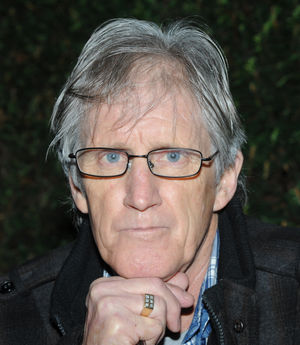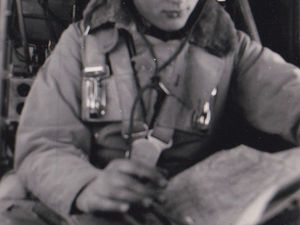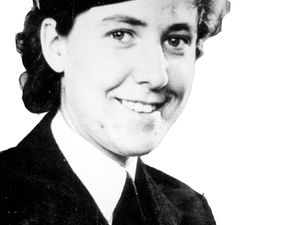Silent crime: 'A drunk driver ruined our lives – but we fear road police officers are few and far between'
John McSherry and his wife Michelle - who kept a tea shop in Claverley, near Bridgnorth - both saw their lives change forever when they were seriously injured in a road accident caused by a drunk driver 15 years ago.
Watch more of our videos on ShotsTV.com
and on Freeview 262 or Freely 565
Today the former Bridgnorth tea shop managers both need crutches to walk, and sometimes they need a wheelchair.
Mr McSherry says is not in the least surprised by a new report which says 57 per cent believe people can get away with careless driving due to a lack of police presence on the roads.
He has spoken out as the Star, along with sister NationalWorld newspapers and websites, launches a campaign against Silent Crime - the relentless daily criminality across the country to give victims of violence, thefts and anti-social behaviour a voice. You can read more about our campaign below.

"It's something we think about all the time," says the 72-year-old. "Last week, a car flipped on its roof coming round the bend, over the road from us.
"Our road is probably the busiest road in Shropshire, but because it's a B-road, it doesn't appear to meet the requirements for enforcement."
The AA is calling on Home Secretary Yvette Cooper to recruit an extra 1,000 road policing officers following dramatic falls in recent years. The organisation says the number of traffic officers in England and Wales has fallen from 5,237 in 2016 to 4,215 by March this year. West Midlands Police was asked how many traffic officers the force employed, but said it was unable to provide a figure.

Sgt Tim Rogers, secretary of West Midlands Police Federation, has been highlighting the dangers of cuts to road policing for more than 10 years, arguing that wider cuts have fallen disproportionately on traffic officers.
"We have eroded the number of specialist officers policing our roads to the point of failure," he says.




